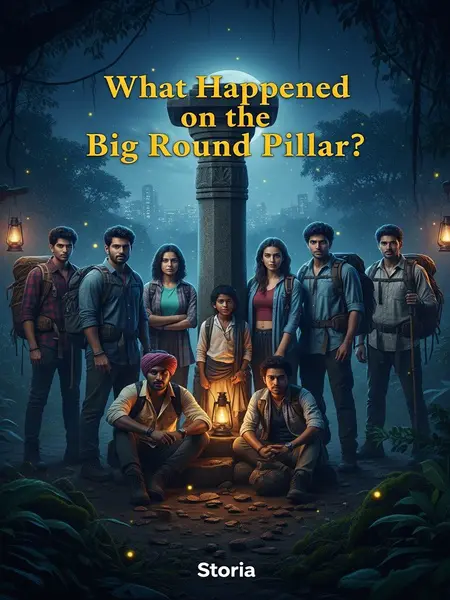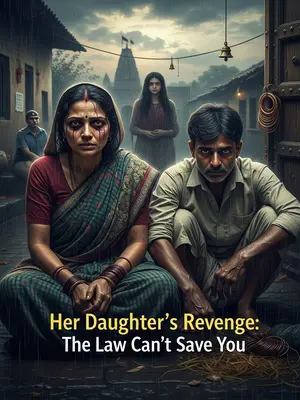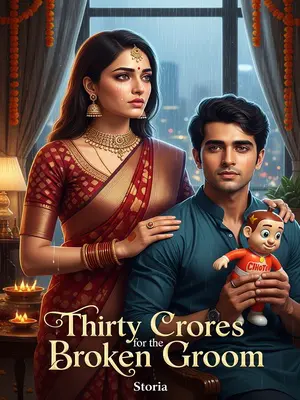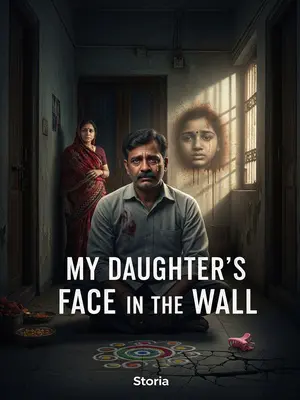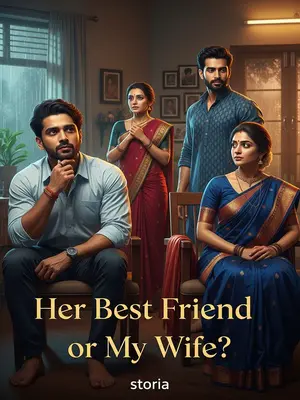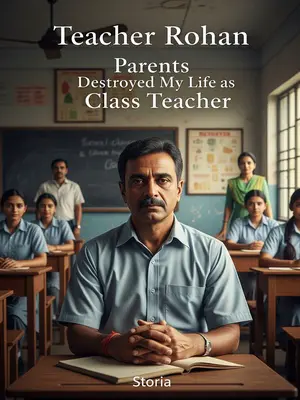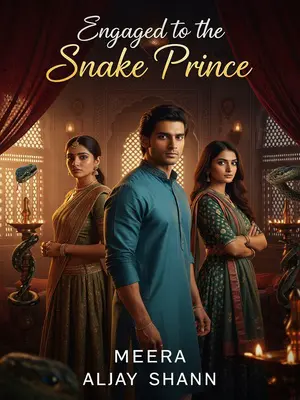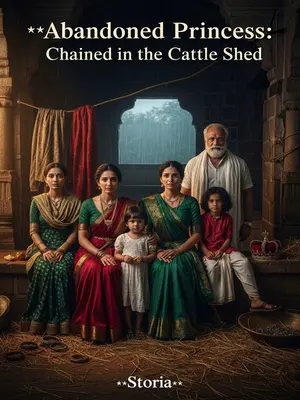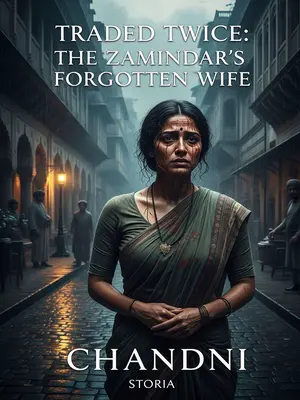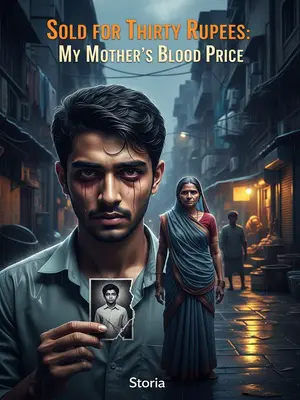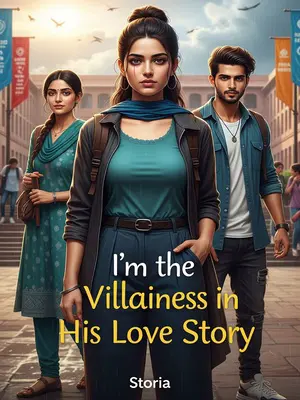Chapter 7: Guessing Games and Secret Romances
Through my cousin’s shoulder, I saw the tent Boss Nair had crawled into start shaking in a steady rhythm.
The tent’s silhouette bobbed and swayed, casting strange shadows on the canvas. The fire had almost died, but the stories inside the tents were just beginning. My own cheeks burned with a mix of embarrassment and curiosity.
Seeing my confusion, my cousin snickered, then pulled something else from the bag.
He held up a small packet, waving it like a magician before the final trick. His grin grew wider, and I realised he’d been waiting for this moment all evening.
When I saw that square plastic package, it suddenly clicked.
Everything snapped into place—the money, the secrecy, the city bravado. I felt both foolish and enlightened, as if I’d just solved a riddle only the hills could set.
One hundred each—condoms.
Of course. Out here, in the wild, the old rules bend. Adventure has many faces, and sometimes, the most dangerous journeys happen behind zipped-up tents. My cousin was the real guide—not just through the forest, but through life itself.
These people claimed they were here for adventure, but in the end, it was all about what was in their pants.
I wanted to laugh, but instead, I just shook my head. Human nature doesn’t change—only the scenery does. The wildest part of the trek wasn’t the cliffs or the rivers, but the stories that played out between strangers under a borrowed sky.
“Let’s test your judgment,” my cousin said with a sly grin. “Guess who’s in that tent?”
He nudged me like we were betting on a cricket match. His eyes sparkled with mischief, as if daring me to see beyond what was obvious.
I thought hard.
I closed my eyes, replaying every gesture, every half-whispered joke from dinner. If life was a puzzle, this was my final exam. I felt the weight of his expectation, but also the strange joy of being included in the secret circle.
This was an elite group—eight wealthy, influential people.
Their words dripped with stories of foreign trips, imported whisky, and jobs I could barely pronounce. But here, stripped of their city walls, they were just people—hungry, tired, longing for something real.
The four women were especially impressive.
Each one carried her own weather, her own private monsoon. In the village, such women would be the stuff of gossip for weeks—here, they were just trekkers, searching for something the city couldn’t give.
The oldest was Deepa, a businesswoman who ran a coaching centre. She was in her thirties, short, with curly hair, very fair skin, gold-rimmed glasses, and an elegant air.
She carried herself with the easy authority of a school principal—ordering lunch, settling disputes, her laugh deep and contagious. Her gold chain caught the firelight, and she spoke Hindi with a crispness that brooked no nonsense.
The second was Meera, an executive at a listed company. She had short, dark-red hair, often sprinkled English words into her speech, and had a beauty mark under her left eye—the men joked it meant she was destined to be either a queen or a famous actress.
Meera was quick with jokes, her laughter high-pitched and infectious. She switched between Hindi and English as if it were a dance, and her eyes sparkled with the confidence of someone used to winning arguments in boardrooms. Still, I sensed a restlessness in her, a need to prove herself.
The third was Riya, with long, flowing hair like a princess. She was the youngest and prettiest, claimed to be a model and part-owner of a modelling agency, had studied abroad, and was also a dance teacher.
Riya moved as if the whole world was a stage—her hands fluttering, her words carefully chosen. The men watched her, but she seemed to watch the world with a half-smile, as if she knew more than she let on. Sometimes, she’d hum a tune under her breath, her eyes distant, remembering some faraway city.
The last was Priya, artistic and quiet, barely speaking the whole trip. She probably used her real name, unlike the others. Deepa once said she could tell at a glance that Priya was still a student. When asked, sure enough, Priya was a grad student—and also a writer and comic artist.
Priya had the air of someone used to being invisible. She’d carry a sketchbook everywhere, fingers stained with ink. Her eyes, though quiet, missed nothing—always observing, always storing away details for later. If the others were monsoon storms, she was the silent mist at dawn.
I was stumped.
The game was trickier than I’d thought. Each woman carried her own secrets, her own reasons for being here. I felt like a detective in an old Hindi film, clues everywhere but no answers in sight.
Boss Nair was popular, but so fat and greasy. Hanging out was fine, but sleeping together… that was a stretch.
I tried to imagine the scene, but my mind rebelled. The city’s rules don’t always fit in the forest, and desire has a way of finding its own path. Still, I hesitated to believe it.
My cousin looked at me expectantly. I said, “I don’t know, but I can try to deduce it. First, definitely not Priya. She’s still a student, a cultured person—no way she’d get with Boss Nair.”
The logic sounded good, at least to my ears. In my world, certain boundaries still held. My cousin only grinned, waiting for more.
“Hmm… makes sense.”
He stroked his chin, pretending to weigh my argument like a judge in a village panchayat. I was beginning to enjoy the game.
“Next, probably not Riya. She’s so aloof—a supermodel who studied abroad. She must have big shots chasing her. Why would she choose Boss Nair?”
The words tumbled out, and I felt proud of my reasoning. Still, my cousin’s smile only grew.
“Go on.”
He tapped his knee, urging me to continue. The night seemed to lean in, eager for the next guess.
“So, between Deepa and Meera, I think Meera is more likely. You told me before: ‘Better to be a big fish in a small pond than a small fish in a big pond.’ Deepa and Boss Nair are both bosses, equals. But Meera is an employee—maybe she wants to get close to Boss Nair to climb up?”
I remembered his old saying, one he’d picked up from some filmi dialogue or maybe an uncle at the tea stall. Life, after all, is about making your own luck. My cousin’s grin widened.
“Alright, let’s see if you’re right.”
He leaned back, satisfied. It felt like the end of an exam—now, only the results remained.
My cousin and I hid in our tent, peeking through a crack. After a few minutes, the shaking stopped. A shadow moved inside. Boss Nair poked his fat head out and looked our way.
His hair was tousled, shirt half-tucked. He paused, scanning the darkness, then gave a small nod as if to say, ‘Sab safe hai.’ The night held its breath.
Seeing we were asleep, he relaxed, unzipped the tent, and crawled out, pulling up his pants.
There was a quiet efficiency in his movements—a man used to such escapades, careful to leave no trace except the scent of aftershave and a crooked smile.
At that moment, I was shocked.
My heart skipped a beat, the world narrowing to the tiny circle of light spilling from the half-open tent. Truth, it seemed, was stranger than any deduction.
The woman inside, wrapped in a sleeping bag, was none other than Priya—the very one I’d ruled out first.
She lay there, her hair unbound, feet sticking out, black stockings glinting in the faint starlight. For a moment, I thought I was dreaming. Everything I thought I knew about people turned upside down.
Her bare shoulders, loose hair, and feet sticking out of the sleeping bag, clad in black stockings.
She stretched, letting the night air cool her skin, her toes curling in the black stockings. For a second, the hills themselves seemed to pause. Boss Nair returned to his own tent. Priya stretched halfway out of her tent and kissed him again.
Their movements were slow, tender—a dance older than the mountains themselves. Her lips brushed his cheek, and in that moment, she looked happier than I’d seen all day. Maybe the forest allows you to be someone you can’t be in the city.
Her face was both happy and shy—a far cry from her cold daytime self.
The contrast made my head spin. I realised then—everyone carries more than one story. Some only come out after dark, far from anyone who might judge.
I lay in my sleeping bag, speechless, like a rooster who’d lost a fight.
My pride, my clever deductions—all scattered like dry leaves. The night felt heavier, filled with the secret laughter of the hills. My cousin nudged me, his eyes twinkling with mischief.
“You can’t judge people by appearances,” my cousin said next to me.
He sounded almost philosophical, as if he’d just solved a puzzle the world had set for us.
“Then how did you know it was Priya?” I asked.
I genuinely wanted to know—was it some guide’s trick, or just luck?
“Me? I just watched where everyone went to sleep, yaar.”
He shrugged, as if the answer was simple. In the hills, sometimes you only need to pay attention.
